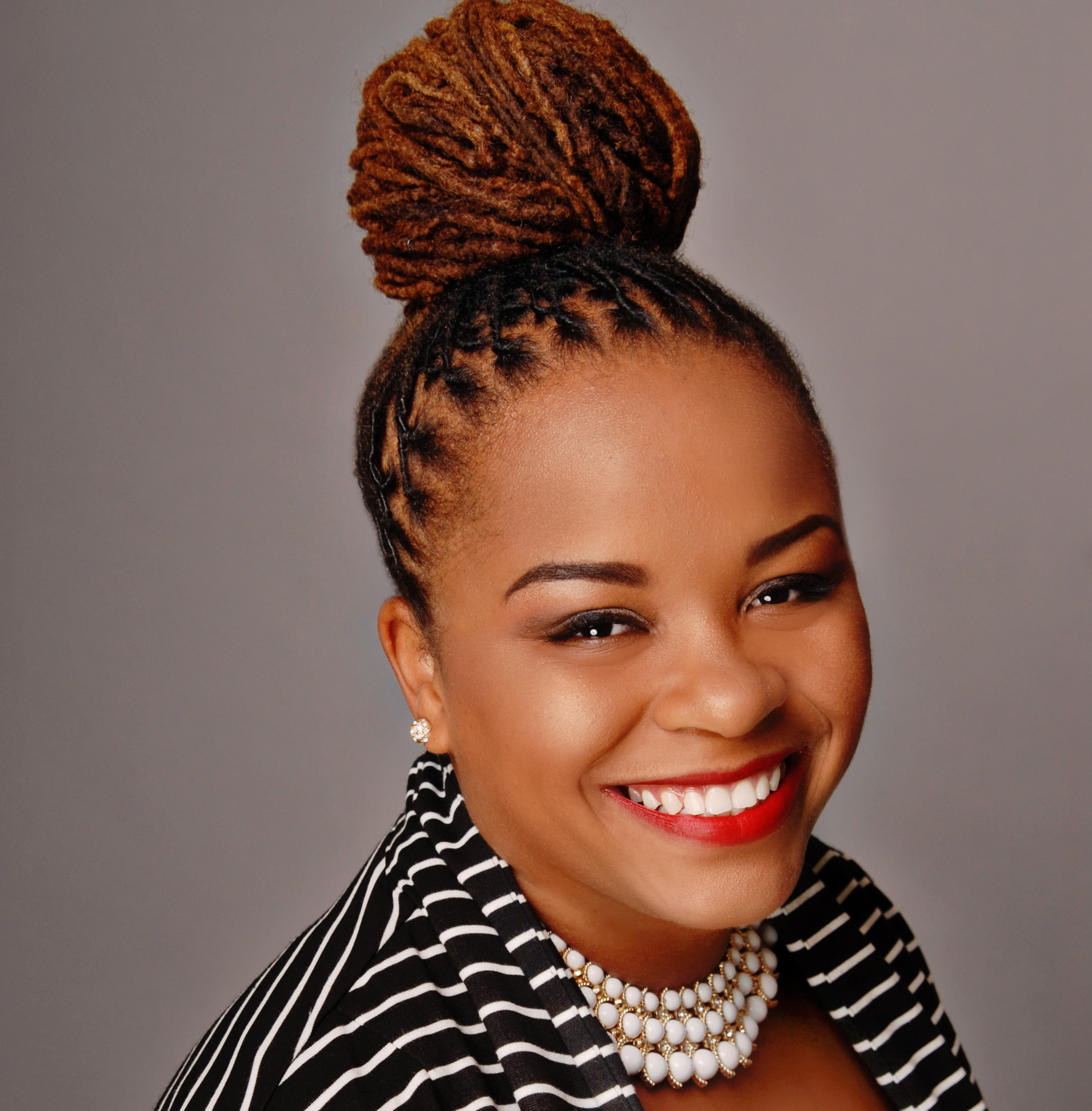1) HBCU is an acronym for (H) istorically (B) lack (C) ollege and (U) niversity. Famous people who graduated from HBCUs are Booker T. Washington (Hampton University), Dr. Martin Luther King (Morehouse College), Keisha Knight Pulliam (Spelman College), Common (Florida A&M University), Anika Noni Rose (Florida A&M University), Mathew Knowles (Fisk University), Spike Lee (Morehouse College), Phylicia Rashad (Howard University), Debbie Allen (Howard University), Yolanda Adams (Texas Southern University), Tom Joyner (Tuskegee University), Darrell Armstrong (Fayetteville State University), Donda West (Virginia Union University) and many others
2) There are over 100 HBCUs in the United States. Most are 4-year private but there are also 16 two-year schools from which to choose. Some students have found that by starting at a two-year school they can fulfill initial requirements yet still focus on graduating with a 4-year degree. HBCUs are located within 20 states and the District of Columbia (AL, AR, CA, DE, DC, FL, GA, KY, LA, MD, MI, MS, MO, NC, OH, OK, PA, SC, TN, TX, VA, WV and the U.S. Virgin Islands).
3) The first HBCU to be established was Cheyney University in Pennsylvania and was founded in 1837.
4) The first HBCU owned and operated by African Americans was Wilberforce University in Ohio which was founded in 1856. It was named for William Wilberforce who first led efforts to abolish slavery.
5) In 2001, the total economic impact of the nation’s HBCUs was $10.2 billion, which would rank 232nd on the Forbes Fortune 500 list of the United States’ largest companies.
6) James Weldon Johnson graduated from HBCU Atlanta University and wrote the words to the famous Lift Every Voice and Sing along with his brother John R. Johnson who also attended HBCU Atlanta University. Today the university is named Clark Atlanta University.
7) Most HBCUs play in one of 4 athletic conferences SWAC/MEAC/CIAA/SIAC and the big games are called black college classics such as Bayou Classic, Florida Classic, Turkey Day Classic, Circle City Classic, and other events that showcase outstanding bands, Greek Step Shows and celebrations.
8) More than 50% of the nation’s African American public school teachers and 70% of African American dentists earned degrees at HBCUs.
9) Anyone of any race or color is welcome to attend a HBCU. Originally the HBCUs were established because the newly freed slaves were not allowed to study in any other college or university. Today, many talented and bright minds all come together on the HBCU campus and are able to study in an environment where color and nationality differences are often celebrated.
10) There are 4 HBCU medical schools. There names are Meharry Medical College (TN), Morehouse School of Medicine (GA), Charles R. Drew School of Medicine and Science (CA), and Howard University School of Medicine (DC). Xavier University of Louisiana is #1 nationally in placing African-Americans into medical school. Howard University is #1 in graduating PhDs.
Prepared by: www.HBCUkids.com
Joan E . Gosier, MBA is internet business analyst and co-founder of HBCU Kidz, Inc., the world’s first online children’s gift boutique that specializes in family culture, education and Historically Black Colleges and Universities. Gosier is a 1996 graduate of the University of Michigan’s Ross Business School where she earned a MBA in International Finance and Marketing. A 1990 graduate of Hampton University, Gosier is married to Thomas and they are the proud parents of three children, Tomeara, Toleah and Thomasina. Stay connected with her on Facebook at HBCUkidz and on Twitter at @HBCUkidz.















#11 There is one HBCU Veterinary School: Tuskegee University. 🙂
Don’t forget about the 5 HBCUs (XULA, TSU, FAMU, Howard, Hampton) that provide Doctorate of Pharmacy degrees and account for roughly 60% of all Black Pharmacist
Something interesting to know about HBCU’s. A must read
A must read about HBCU’s. 🙂
Can U change the website address http://www.hbcukidz.com because it is no longer owned by HBCU kidz, Inc. The correct address is http://www.HBCUkids.com.
THANKS SO MUCH!!
Joan E. Gosier
Best four years of my life were spent at a HBCU (Central State University)
Lets remember Clark Atlanta University is the only HBCU that does cancer research and analysis.
Don’t forget about the HBCU law schools:
Southern University Law Center – Baton Rouge, LA, North Carolina Central University School of Law – Durham, NC; Howard University School of Law – Washington, DC,; Thurgood Marshall School of Law at Texas Southern University – Houston, TX; Florida A&M University College of Law – Orlando, FL; The UDC David A. Clarke School of Law – Washington, DC.